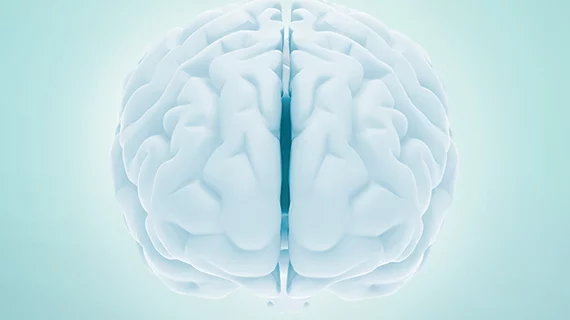Mental illness common in kids, adults with CHD
Mental illnesses including developmental and mood disorders are prevalent in adolescents and adults with congenital heart disease (CHD), an American Journal of Cardiology study found, suggesting mental health care might be a beneficial factor in comprehensive CHD treatment.
While few studies to date have broken down the specifics of mental illness in adults with CHD, we know quite a bit about how children with the disease fare mentally, Amber D. Khanna, MD, MS, and co-authors wrote in the journal. It’s common knowledge that executive function impairments are major neurodevelopmental features in kids with CHD, exposing them to a higher risk of attention deficit disorders, and children with a CHD diagnosis are more likely to be duly diagnosed with autism.
But while congenital heart defects originate at birth, in 2015, more adults than kids in the U.S. had CHD, the authors said. Continued advances in medicine have allowed for more children with CHD to survive through adulthood, establishing a growing population of 18- through 64-year-olds living with the disease.
“North American studies that used clinical interview methodology suggest a high burden of mood and anxiety disorders in adults with CHD, correlated with fear of negative clinical evaluation, loneliness and perceived health status,” Khanna, an assistant professor at the University of Colorado, and colleagues wrote. “However, these findings are limited to adults who receive care at regional adult congenital heart defect centers.”
Khanna et al. studied the “full spectrum” of mental illness in 2,192 adolescents and 6,924 adults with CHD enrolled in the population-level Colorado Congenital Heart Disease Surveillance System. All patients received clinical care for CHD between 2011 and 2013.
The authors found one-fifth of adolescents aged 11-17 were diagnosed with a mental illness during their three-year follow-up period, with the most prevalent diagnoses being developmental disorders (8%); anxiety disorders (6%); attention, conduct, behavior and impulse control disorders (6%); and mood disorders (5%).
Conversely, of the 33% of adults diagnosed with a mental illness during follow-up, mood disorders were most common (13%), followed by anxiety disorders (13%) and substance-related disorders (6%).
Khanna and colleagues said greater lesion complexity was linked to a higher likelihood of anxiety and developmental disorders in both adolescents and adults, and patients with a genetic syndrome were also more likely to be diagnosed with a mental illness. Children and adults who had two or more cardiac procedures during the study period saw a 3-fold and 4.5-fold higher risk, respectively, of a diagnosis.
“The growing population of adolescents and adults with a CHD has evolving healthcare needs, including mental health care,” the authors wrote. “Understanding the link between congenital heart disease and mental illness is crucial in providing comprehensive, patient-centered cardiac and mental health care.”

